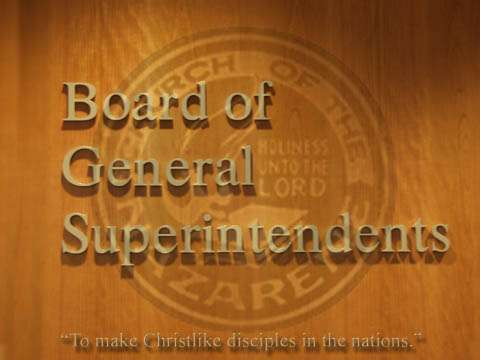By Dr. Jerry D Porter
Adapted and used with permission, Holiness Today May/June 2012
The Hebrew word gēr and the Greek word xenos can be defined as “stranger” or “foreigner.” The word immigrant is used in this article in place of these nouns.
Abraham and Moses were immigrants. “I am an immigrant and a sojourner with you. Give me a … burying-place with you …” (Genesis 23:4, ASV). “Then she (Zipporah) gave birth to a son, and he named him Gershom, for he said, ‘I have been an immigrant in a foreign land’” (Exodus 2:22, NASB).
“You shall not oppress an immigrant, since you yourselves know the feelings of an immigrant, for you also were immigrants in the land of Egypt” (Exodus 23:9, NASB). Due to human trafficking, Joseph migrated to Egypt. Later his family migrated there in order to survive. Similarly, unwilling slaves were transported from Africa to the Americas. Today people migrate to help their families survive.
The Bible instructs us to grant justice to immigrants as though they were our own brothers. “You shall not oppress a hired servant… whether he is one of your brethren or one of the immigrants who are in your land …” (Deuteronomy 24:14, RSV). “You shall not pervert justice due the immigrant … When you gather the grapes of your vineyard, you shall not glean it afterward; it shall be for the immigrant, the fatherless, and the widow (Deuteronomy 24:17, 21, RSV).
“If an immigrant dwells with you in your land, you shall not mistreat him. The immigrant who dwells among you shall be to you as one born among you, and you shall love him as yourself” (Leviticus 19:33–34, NKJV). Our Lord quoted, “Love him as yourself,” as part of the greatest commandment.
The Jerusalem church became an immigrant church. God often uses immigrants to spread the gospel. “On that day a great persecution broke out against the church, and all except the apostles were scattered …” (Acts 8:1, NIV). Every year millions of displaced refugees flee their homes seeking safety. Remember that Jesus and his parents fled to Egypt to escape King Herod’s jealous anger.
Jesus said, “For I was hungry and you gave me something to eat, I was thirsty and you gave me something to drink, I was an immigrant and you invited me in” (Matthew 25:35, NIV).
“Do not forget to show hospitality to immigrants, for by so doing some people have shown hospitality to angels …” (Hebrews 13:2, NIV). Genuine Christians are instructed to befriend and assist immigrants. In so doing, we care for Christ and entertain angels.
We honor immigrants by referring to them as “undocumented immigrants” rather than “illegal aliens.” Their documents are not in order, similar to a person who drives with an expired license. We must differentiate between that which is legal and that which is morally right. For example, prostitution is morally wrong, even if it is legal. Under South African apartheid, a person was arrested for using the wrong toilet. My wife’s ancestors illegally assisted slaves fleeing to freedom. While their actions were not legal, they were morally right.
If all laws in our nations were in keeping with the kingdom of God, then breaking the law would be morally wrong. Nations around the world, however, have crafted laws that often run counter to clear biblical instruction. We need laws that dignify productive immigrants.
Regardless of the political debate, God calls us to respect, protect, assist, evangelize, disciple, and love all the immigrants near us.





